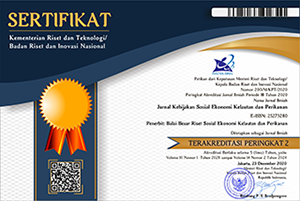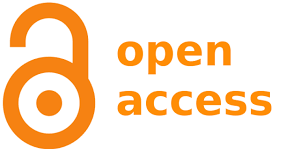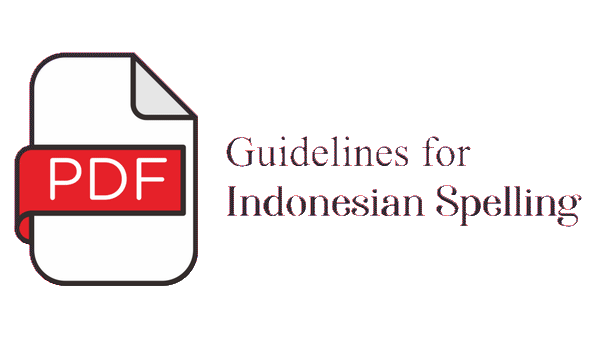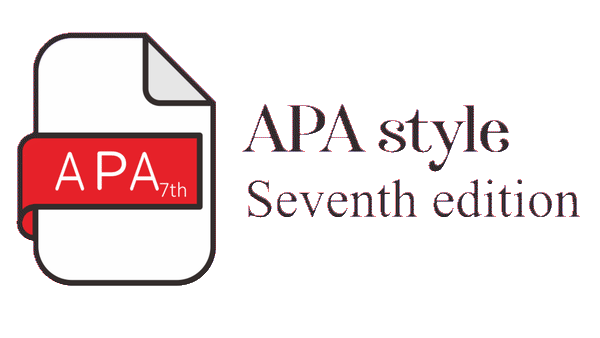Analisis Kebijakan Zona Inti Kawasan Konservasi Perairan, Pesisir, dan Pulau-Pulau Kecil di Kepulauan Seribu
Abstract
Zona inti Kawasan Konservasi Perairan Pesisir dan Pulau-Pulau Kecil (KKP3K) dapat menghadapi ancaman antropogenik alami maupun karena dampak kebijakan dan ego sektoral. Tujuan penelitian ini untuk mengkaji aspek ekologi, sosial, dan ekonomi di kawasan konservasi Kepulauan Seribu sehingga dapat menghasilkan skenario terbaik setelah terbitnya Peraturan Pemerintah Nomor 27 tahun 2021 tentang perubahan zona inti KKP3K. Penelitian ini menggunakan metode kuantitatif dengan pendekatan empiris. Data primer diperoleh melalui Focus Group Discussion (FGD) dan wawancara serta data sekunder dari studi dokumentasi dengan skenario menggunakan analisis trade-off. Hasil penelitian menunjukkan skenario terbaik (rata-rata 57) adalah skenario B (zona inti digunakan untuk ekowisata berkelanjutan) karena mengedepankan asas keberlajutan lingkungan sebagai salah satu aset dalam mendorong pariwisata. Skenario A (zona inti tidak perlu dirubah) menjadi alternatif kedua karena pembatasan aktifitas melalui sistem zonasi positif terhadap keberlanjutan ekologi lingkungan, sedangkan skenario C (zona inti digunakan untuk ekonomi) menggambarkan perubahan aspek ekologi, ekonomi dan sosial yang berdampak negatif terhadap ekologi dan hanya berimplikasi positif terhadap aspek ekonomi dan sosial. Dasar legalitas dari perubahan zona inti yang digunakan untuk proyek strategis nasional akan menimbulkan dampak sosial dan ekologi, oleh karena itu perubahan terhadap zona inti mestinya tidak perlu dilakukan kecuali dapat memberikan alternatif yang bermuara pada penyelarasan dan peningkatan aspek ekologi, ekonomi, dan sosial pada kawasan tersebut.
Title: Policy Analysis of Core Zone in Marine Conservation Areas, Coastal and Small Islands in Seribu Island
The core zone of the Coastal Marine Protected Area and Small Islands (KKP3K) can face anthropogenic, natural threats, as well as due to the impact of sectoral policies and egos. The purpose of this study is to examine the ecological, social, and economic aspects of the Thousand Islands conservation area so that it is expected to produce the best scenario related to the issuance of Government Regulation Number 27 of 2021 concerning changes in the KKP3K core zone. This research uses quantitative methods with an empirical approach and uses primary data obtained through Focus Group Discussion (FGD) and interviews as well as secondary data from documentation studies screened with scenarios using trade-off analysis. The results showed that the best scenario (average 57) was scenario B (core zone used for sustainable ecotourism) because it prioritized the principle of environmental sustainability as one of the assets in encouraging tourism. Scenario A (core zone does not need to be changed) is the second alternative because restrictions on activities through the zoning system positivelly on the sustainability of environmental ecology, while scenario C (core zone is used for economics) describes changes in ecological, economic and social aspects that can produce negative impacts on ecology and only have positive implications for economic and social aspects. The legality basis of changes to core zones used for national strategic projects will have social and ecological impacts, therefore changes to core zones should not be necessary unless they provide alternatives that lead to alignment and improvement of ecological, economic, and social aspects of the region.
Keywords
Full Text:
PDFReferences
Arikunto, S. (2016). Prosedur Penelitian Suatu Pendekatan Praktek. Rineka Cipta. Jakarta. 142 hal.
Creswell. (2014). Research Design: Qualitative, Quantitative and Mixed Methods Approaches (4th ed.). Thousand Oaks, CA: Sage.
Dorobantu, M. R., & Nistoreanu, P. (2012). Rural Tourism and Ecotourism-the Main Priorities in Sustainable Development Orientations of Rural Local Communities in Romania. Economy Transdisciplinarity Cognition, 15(1): 259-266.
Dunn, W. (2003). Pengantar Analisis Kebijakan Publik Edisi Kedua. Yogyakarta: Gadjah Mada University. 98 hal.
Hidayati, I. (2020). Migration and rural development: The impact of remittance. IOP Conference Series: Earth and Environmental Science, 561(1), 012018
Peraturan Menteri Kelautan dan Perikanan Nomor 31 tahun 2020 tentang Pengelolaan Kawasan Konservasi. Jakarta: Kementerian Kelautan dan Perikanan.
Peraturan Menteri Kelautan dan Perikanan Nomor 25 tahun 2021 tentang Penelitian Terpadu dan Penetapan Perubahan Status Zona Inti Pada Kawasan Konservasi. Jakarta: Kementerian Kelautan dan Perikanan.
Peraturan Pemerintah Nomor 27 Tahun 2021 tentang Penyelenggaraan Bidang Kelautan Dan Perikanan. Jakarta: Sekretariat Negara.
Peraturan Presiden Nomor 3 Tahun 2016 tentang Percepatan Pelaksanaan Proyek Strategis Nasional. Jakarta: Sekretariat Negara.
Peraturan Presiden Nomor 18 tahun 2020 tentang Rencana Pembangunan Jangka Menengah Nasional Tahun 2020-2024. Jakarta: Sekretariat Negara.
Peraturan Presiden Nomor 109 tahun 2020 tentang Perubahan Ketiga atas Peraturan Presiden Nomor 3 Tahun 2016 tentang Percepatan Pelaksanaan Proyek Strategis Nasional. Jakarta: Sekretariat Negara.
Rusandi, A. (2020). Pengelolaan Kawasan Konservasi. Presentasi Disampaikan Pada Online Lesson Learn 2020 “Ada Apa Dengan Konservasi Laut Di Indonesia.” Video Conference, 20 Mei 2020.
Russel, J., D. (1974). Modular Instruction. Minneopolis, Minnosta: Burgess Publishing Co.
Santosa, A. (2008). Konservasi Indonesia. Sebuah Potret Pengelolaan & Kebijakan. Jakarta (Id): Perpustakaan Nasional. 50 Hal.
Soemodinoto, A., Yulianto, I., Kartawijaya, T., Herdiana, Y., Ningtias, P., Kassem, K., & Andayani, N. (2018). Contribution of local governments to a national commitment of the Aichi Biodiversity Target 11: the case of West Nusa Tenggara Province, Indonesia. Biodiversity, 19(1-2): 72-80. https://doi.org/10.1080/14888386.2018.1467790
Suaedi. (2015). Analisis Trade-Off Konsep Dan Aplikasi. IPB Press, ISBN: 978-979-493-882-9.
Undang-Undang Republik Indonesia Nomor 5 Tahun 1994 tentang Pengesahan United Nations Convention on Biological Diversity (Konvensi Perserikatan Bangsa-Bangsa mengenai Keanekaragaman Hayati).
Undang-Undang Republik Indonesia Nomor 1 Tahun 2014 tentang Perubahan Atas Undang-Undang Nomor 27 Tahun 2007 Tentang Pengelolaan Wilayah Pesisir Dan Pulau-Pulau Kecil. Jakarta: Sekretariat Negara.
Undang-Undang Republik Indonesia Nomor 11 Tahun 2020 tentang Cipta Kerja. Jakarta: Sekretariat Negara.
Weaver, D. B. (2001). Ecotourism as Mass Tourism: Contradiction or Reality? Cornell Hotel and Restaurant Administration Quarterly, 42(2): 104-112. https://doi.org/10.1016/S0010-8804(01)80022-7
DOI: http://dx.doi.org/10.15578/jksekp.v14i1.12789
Indexed by:
---------------------------------------------------------------------------------------
Published by
Research Center for Marine and Fisheries Socio-Economic
in collaboration with
Indonesian Marine and Fisheries Socio-Economics Research Network
This work is licensed under a Creative Commons Attribution-NonCommercial-ShareAlike 4.0 International License.













3.png)











